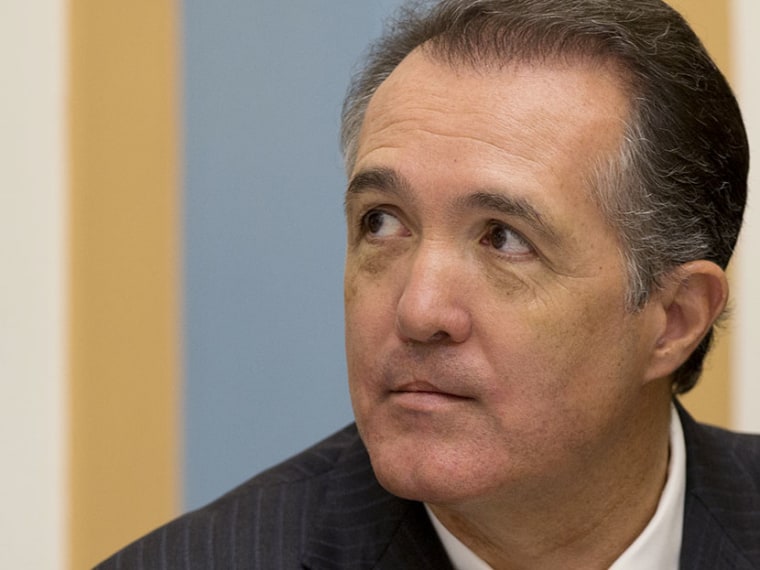House Republicans are diving into the battle over renewing the Voting Rights Act, scheduling their first hearing on the issue for this Thursday.
The hearing, confirmed by a GOP source and the House Judiciary Committee, marks the GOP’s first tangible legislative attempt to respond to the Supreme Court’s Shelby decision in June, which invalidated part of the VRA.
The move suggests that Republican leaders, who mostly offered evasive statements after the Shelby decision, have decided they should engage some kind of legislative process to discuss the ruling. In fact, the hearing will come just one day after the Senate Democrats’ first hearing on the VRA. The Senate Judiciary Committee will hear testimony on the VRA’s history from strong backers of the legislation, Rep. John Lewis and Rep. James Sensenbrenner.
The move also shows, however, that some House Republicans are aiming to kill any voting rights reform. That’s because Republicans handed the hearing to Trent Franks, one of just 33 Republicans who voted against the last VRA re-authorization in 2006. (A total of 390 House members voted for it.)
Franks chairs the Judiciary Subcommittee on the Constitution and Civil Justice, which is holding the hearing. (By contrast, the Senate hearing is before the full committee.)
Recently, Franks acknowledged that Republican leaders have been circumspect about the Supreme Court decision in Shelby, saying that while John Roberts’ decision “said what many of us have believed,” it was risky to openly oppose the Voting Rights Act. Holding back was probably “a wise decision” for Republicans, Franks told Politico, because “in this day and age,” even factual criticism of rights laws “is often relegated to hate speech or something along those lines.”
While voting rights advocates are sure to be disappointed that Franks could play a leading role on VRA issues, it’s far too early to know how the entire House will react to reform proposals.
Rep. Sensenbrenner could have a large impact when testifying alongside Rep. John Lewis at the Senate hearing Wednesday. It also not clear whether Franks, as a longtime VRA opponent, will sway a GOP caucus that largely backed the VRA in 2006 and may need to square that vote with amendments this year.
For more coverage of the Voting Rights Act debate, see this article on Rep. Sensenbrenner and make sure to come back tomorrow for continuing Voting Rights coverage
